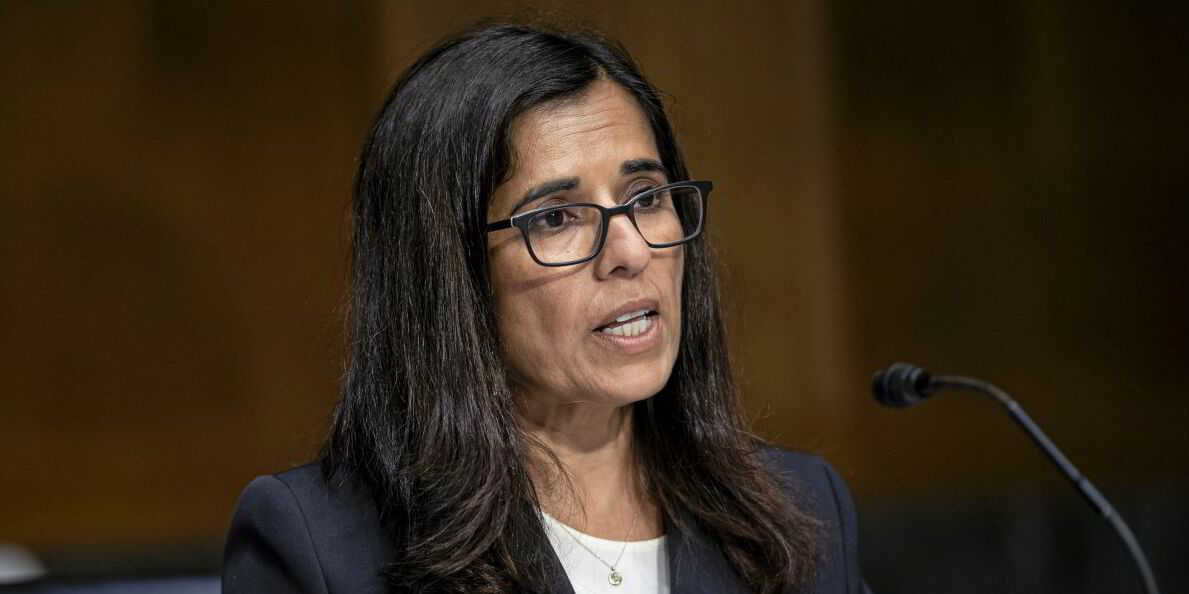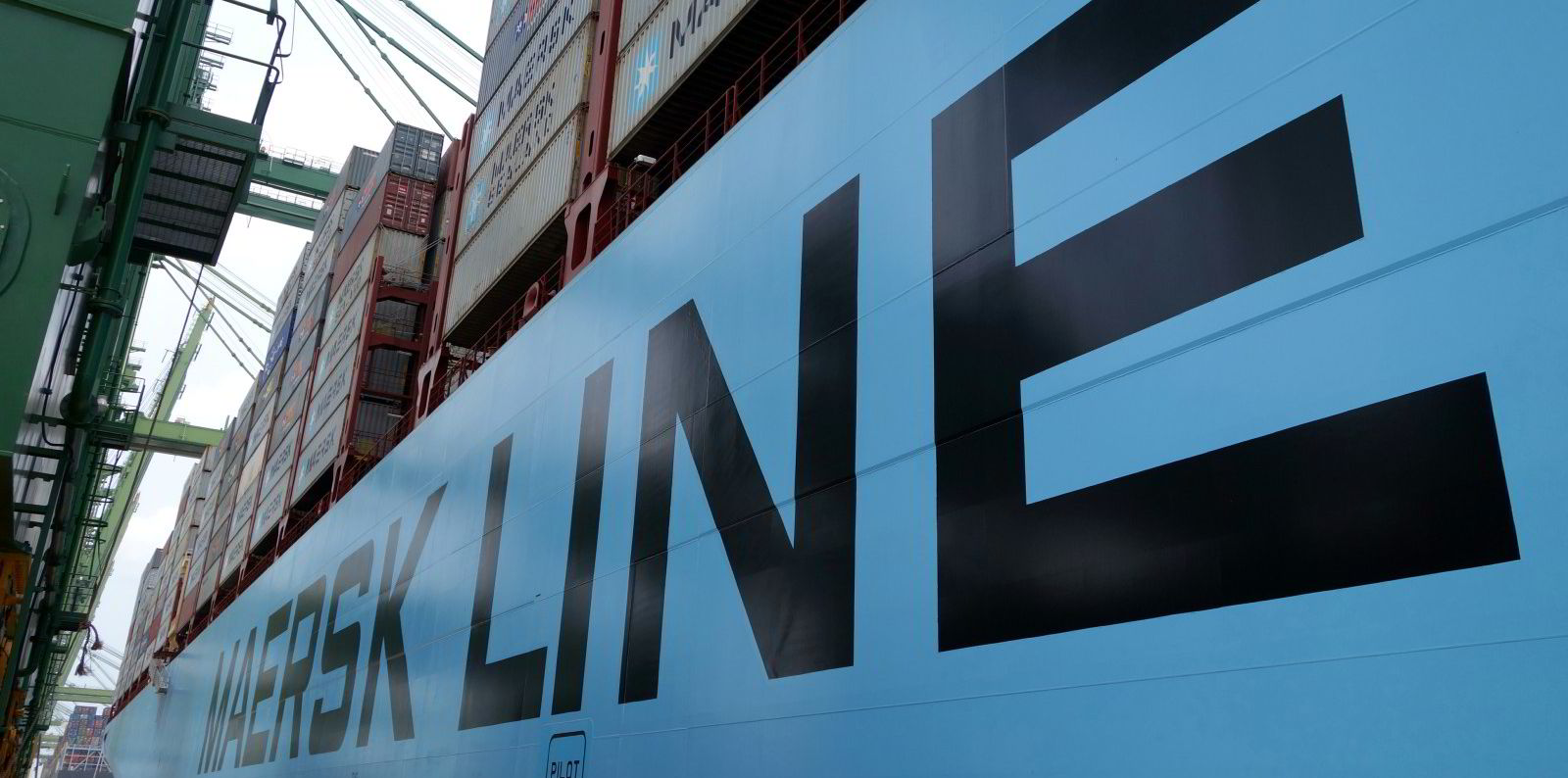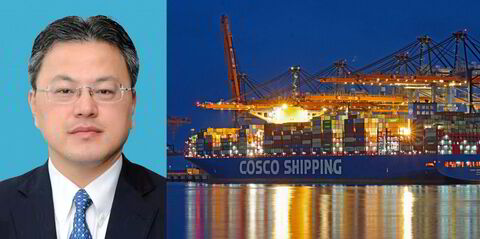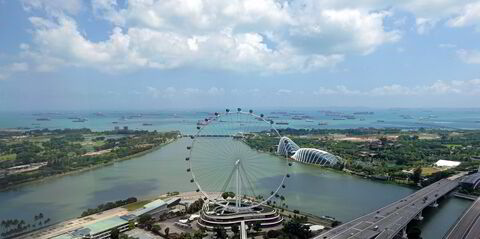AP Moller-Maersk has agreed to settle a case with the US government, after challenging an investigation into a subsidiary’s firing of a purported whistleblower, but is standing by its decision to axe the seafarer.
The Department of Labor said that Maersk Line Ltd, the subsidiary known also as MLL, which controls the company’s US-flagged fleet, would change its safety reporting policies as part of the agreement.
The company will also compensate a seafarer who alleged he was fired after reporting safety concerns to the US Coast Guard without informing his employer first.
As TradeWinds has reported, the seafarer worked on the 4,154-teu container ship Safmarine Mafadi (built 2007) and reported faulty lifeboat release gear, leaks that caused cargo hold flooding and corroded equipment.
After the settlement, Labor Department solicitor Seema Nanda said the government would enforce whistleblowers’ rights under US law.
“No employer may violate whistleblower regulations or create policies that require employees to notify their employer before they report concerns to federal regulatory agencies,” she said.
“This seaman showed the kind of bravery for which mariners have long been known by raising concerns that, left unchecked, could have endangered everyone aboard the Safmarine Mafadi.”
Maersk also settled with the seafarer, who was not named, and agreed to pay compensation.
In a statement to TradeWinds, Maersk said MLL admitted no wrongdoing or liability in the settlement agreements over government allegations that it violated the Seaman’s Protection Act.
‘Multiple reasons’ for firing
“MLL terminated this mariner for multiple reasons, including violation of its reporting policy, which required mariners to make initial and timely reports of unsafe or hazardous conditions on the vessel to the company for immediate attention,” the Danish container shipping giant said.
“MLL stands by its decision to terminate the mariner, whose union took the termination to arbitration before a neutral third party. The arbitrator’s decision found that the mariner’s allegations to the Coast Guard were unsubstantiated, and were ‘neither reasonable nor in good faith’.”
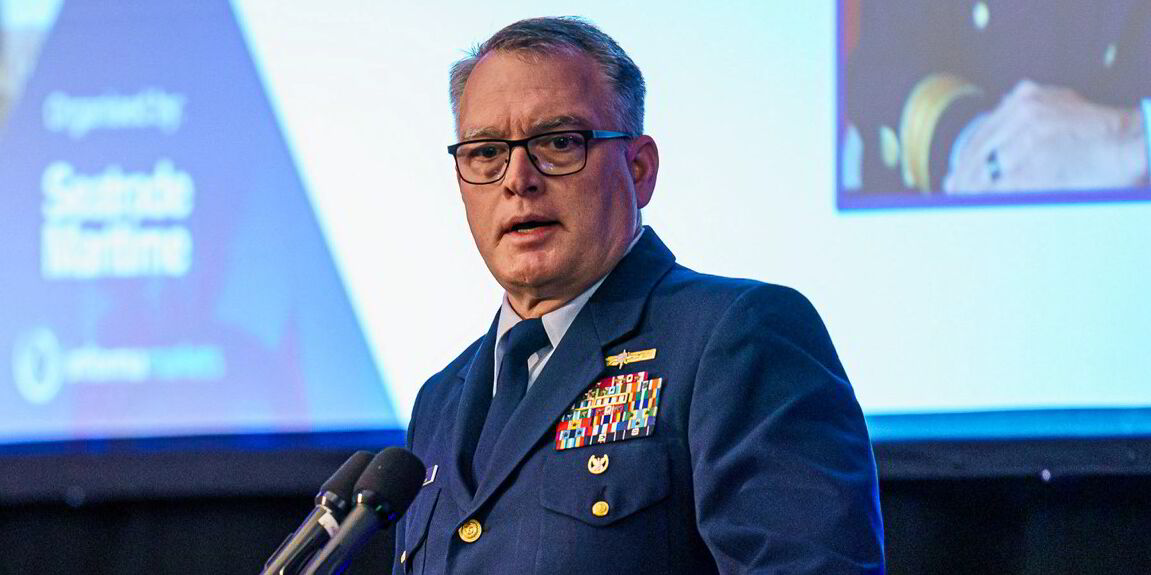
The company said arbitrators concluded that the seafarer was motivated not by safety but wanted to thwart the ship’s captain and disciplinary action.
The Coast Guard report investigating the claims found no evidence that the vessel and crew were not taking appropriate actions to address safety concerns.
The Labor Department said that MLL agreed to remove the requirement that seafarers contact the company before reporting to the Coast Guard; to refrain from retaliating against seafarers; and to inform them about the Seaman’s Protection Act.
Coast Guard rear admiral Wayne Arguin, assistant commandant for prevention policy, said the Maersk case was an important affirmation that mariners could contact the agency about safety concerns.
“Safety requires a team approach,” he said. “The size, complexity and importance of the marine transportation system demand that everyone work together to prevent casualties and minimise supply chain disruptions.”
Douglas Parker, the assistant labour secretary for occupational safety & health, described the settlement as a victory for mariners on US-flagged ships.
MLL, based in Norfolk, Virginia, is the largest operator of commercial US-flagged ships, with 700 American seafarers on its payroll.
“MLL will continue to cooperate with the US government’s efforts to ensure its US flag fleet remains the safest in the world while providing our mariners with our full trust and support, particularly where our mariners are targeted with unsubstantiated or uncorroborated allegations,” the company said.
“MLL is proud of its safety culture and its highest priority remains the safety and security of our mariners and shoreside colleagues.”
